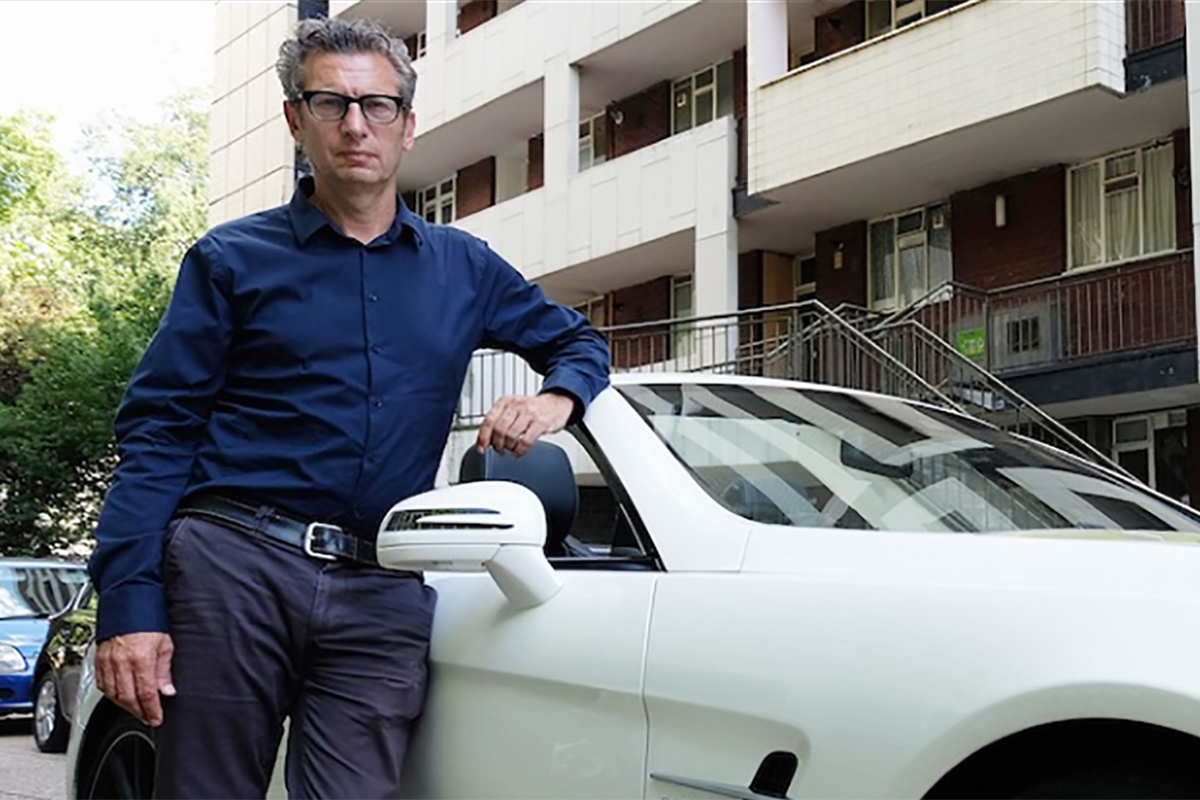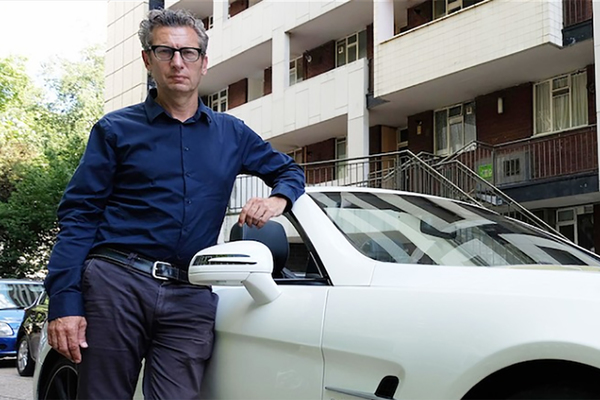You are viewing 1 of your 1 free articles
Dispatches episode was not a balanced documentary
Self-funding has helped housing associations to create homes and communities in the face of declining government subsidy, argues David Montague
Along with every other housing association professional in the country, I sat down last night at 8pm to watch Dispatches on Channel 4. With Getting Rich from the Housing Crisis as its title I wasn’t expecting an easy watch. But I was hoping for a more balanced documentary.
I haven’t met anyone in the sector who can or will even attempt to justify mega payouts to departing senior executives.
It is rare but shameful when it happens. Beyond that, there are two sides to every story.
Take the Clarion housing estate that was being decanted for redevelopment. All of us with older homes have faced this dilemma. When it makes sense, we will invest – many houses were built to generous space standards and will probably outlast some of our newer stock. But some are no longer fit for purpose: too small, too cold, too damp, unfit, unsafe or unsuitable.
We can take the easy route and manage decline, leaving the difficult decision to another generation, or we can take the harder road and regenerate. It is crucial that we take our residents with us when we make these decisions but it is rare that you get 100% support for change.
“We can take the easy route and manage decline, leaving the difficult decision to another generation, or we can take the harder road and regenerate.”
Some years ago, L&Q funded an independent review of seven of our major regeneration projects in London. We asked Goldsmiths, University of London to answer two questions: did we improve the physical fabric, and did we improve the social fabric?
The answer in both cases was “yes”. More recently G15, who collectively house one in ten Londoners and build one in four new homes in the capital, undertook a similar exercise, looking at 35 regeneration projects over a 10-year period. The outcome was similar – we produced more homes, we created pathways to homeownership for those who wanted and could afford it, we protected existing levels of affordable housing, invested in jobs and communities, and we funded nine in every £10 ourselves with government funding just £1. Not a bad result.
But looking more closely at this big picture and taking a year by year view, a different story emerged. In the early years government support was more generous and we built more social housing. But as government funding reduced the amount of ‘cross-subsidy’ required from housing for sale increased, the amount of social housing provided fell.
Beyond death and taxes there are very few certainties in life, but in housing there is one – subsidised housing needs subsidy. And that subsidy can come from government or it can come from housing association surpluses.
Back in 2007 as the country fell into recession, L&Q had a development programme of 5,000 homes, all social. The recession bit deep, government funding was withdrawn and we had a choice: either to down tools and wait for the money to come back, or take responsibility for our own future.
We took the latter choice, driving efficiency and taking measured risks to increase our reserves and invest in continued supply.
"Subsidised housing needs subsidy. And that subsidy can come from government or it can come from housing association surpluses."
Government offered some help by giving us greater flexibility on the rents we charged – enter the much-lamented affordable rent. But along with the vast majority of housing associations, we used this flexibility responsibly.
Today our affordable rents are based on what people on lower incomes can genuinely afford. We didn’t max out on rents, that meant we had to find other ways of funding new homes, so we moved carefully into housing for sale and market renting.
Last year L&Q made a surplus of £348m, the largest in the sector. But that surplus is funding a 100,000-home development programme of which 50% is genuinely affordable, 60% in London. We went into the recession with a development programme of 5,000 affordable homes and came out the other side with an affordable programme of 55,000 homes, a bad outcome?
Some housing associations say that if government funding returned at the generous levels we enjoyed in the glory days, they would abandon their sale and market rent activities and focus entirely on social rent. For L&Q, I’m not so sure.
"Would it be better if all profits from sale and market rent activity went into the pockets of shareholders?"
Many people want to own their home. Many people can’t afford full ownership. Many people want to pay market rent for a good quality home in a place where they choose to live. For-profit organisations have a crucial role to play for these people, but so do we.
We are here for the long term, we are committed to quality and every penny of our surplus is reinvested in our social purpose.
Would it be better if all profits from sale and market rent activity went into the pockets of shareholders? Would that be better value for money for the tax payer? Would it provide as much genuinely affordable housing?
The final issue I should address is senior executive pay. We are proud of our charitable status, we share responsibility for the sector’s reputation and so we have to justify our salaries. But we also have to compete and we have to attract people who can manage complex multi-billion pound projects while protecting social housing.
We can offer longer-term certainty in an uncertain marketplace – when the house builders down tools, we keep on going. We can offer the opportunity to make a lasting difference to the place people live and work; the opportunity to work with amazing, committed people in an environment where you can bring the whole of yourself to work.
"We have to attract people who can manage complex multi-billion pound projects while protecting social housing."
But our people need somewhere to live as well, they may want to start a family, they want to progress and feel valued.
If you join our team you won’t get the eye-watering bonus you might expect from doing a less responsible job in a for profit organisation, you won’t get a salary that allows you to retire in your 40s. But we must offer a competitive salary which is enough, given everything else we offer, to attract and retain the people we need to deliver our mission.
We could stay under the radar and do only what government is prepared to pay for. But over the past 10 years that would have delivered a great deal less. We are far from perfect. As we build homes, we must improve our service and build trust among all of our stakeholders.
But up and down the country housing associations are improving the places where we live, and I am proud to be part of the sector.
David Montague, chief executive, L&Q










